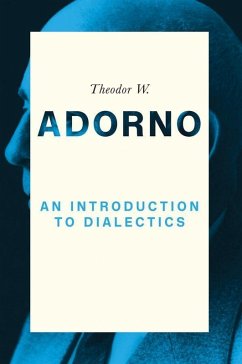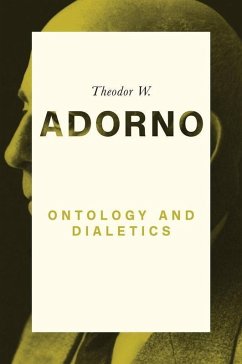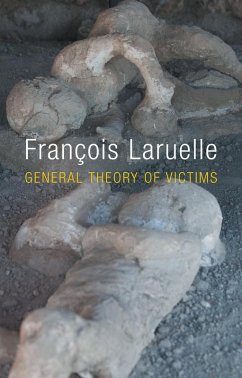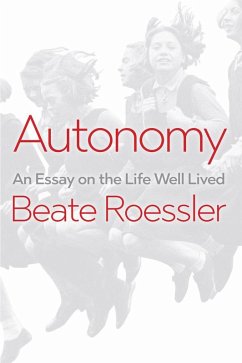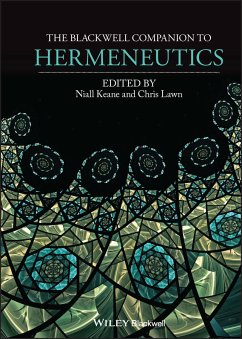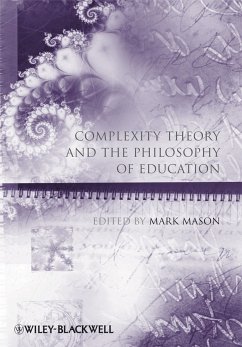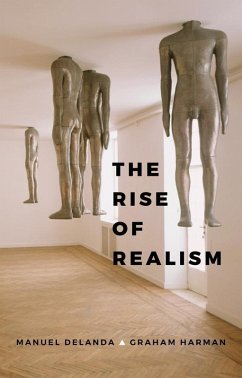
A Biography of Ordinary Man (eBook, PDF)
On Authorities and Minorities
Übersetzer: Hock, Jessie; Dubilet, Alex
Versandkostenfrei!
Sofort per Download lieferbar
20,99 €
inkl. MwSt.
Weitere Ausgaben:

PAYBACK Punkte
0 °P sammeln!
This book is a foundational text for our understanding of François Laruelle, one of France's leading thinkers, whose ideas have emerged as an important touchstone for contemporary theoretical discussions across multiple disciplines. One of Laruelle's first systematic elaborations of his ethical and "non-philosophical" thought, this critical dialogue with some of the dominant voices of continental philosophy offers a rigorous science of individuals as minorities or as separated from the World, History, and Philosophy. Through novel theorizations of finitude and determination in the last instan...
This book is a foundational text for our understanding of François Laruelle, one of France's leading thinkers, whose ideas have emerged as an important touchstone for contemporary theoretical discussions across multiple disciplines. One of Laruelle's first systematic elaborations of his ethical and "non-philosophical" thought, this critical dialogue with some of the dominant voices of continental philosophy offers a rigorous science of individuals as minorities or as separated from the World, History, and Philosophy. Through novel theorizations of finitude and determination in the last instance, Laruelle develops a thought "of the One" as a "minoritarian" paradigm that resists those paradigms that foreground difference as the conceptual matrix for understanding the status of the minority. The critique of the "unitary illusion" of philosophy developed here stands at the foundation of Laruelle's approach to "uni-lateralizing" the power of philosophy and the universals with which it has always thought, and thereby acts as a basis for his subsequent investigations of victims, mysticism, and Gnosticism. This book will appeal to students and scholars of continental philosophy, philosophy of religion, ethics, aesthetics, and cultural theory.
Dieser Download kann aus rechtlichen Gründen nur mit Rechnungsadresse in D ausgeliefert werden.





